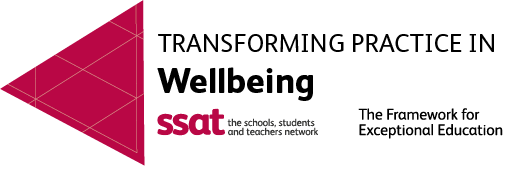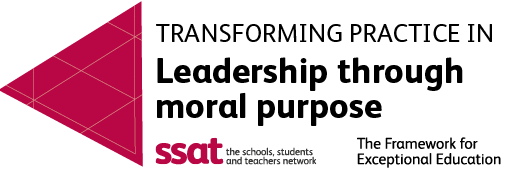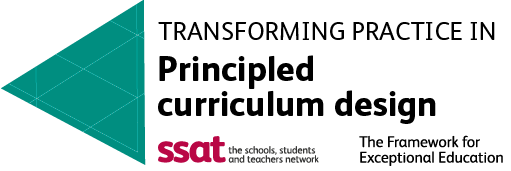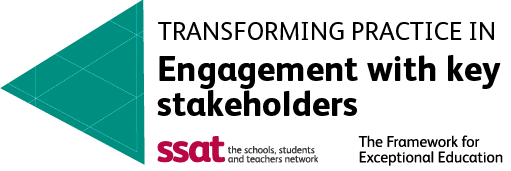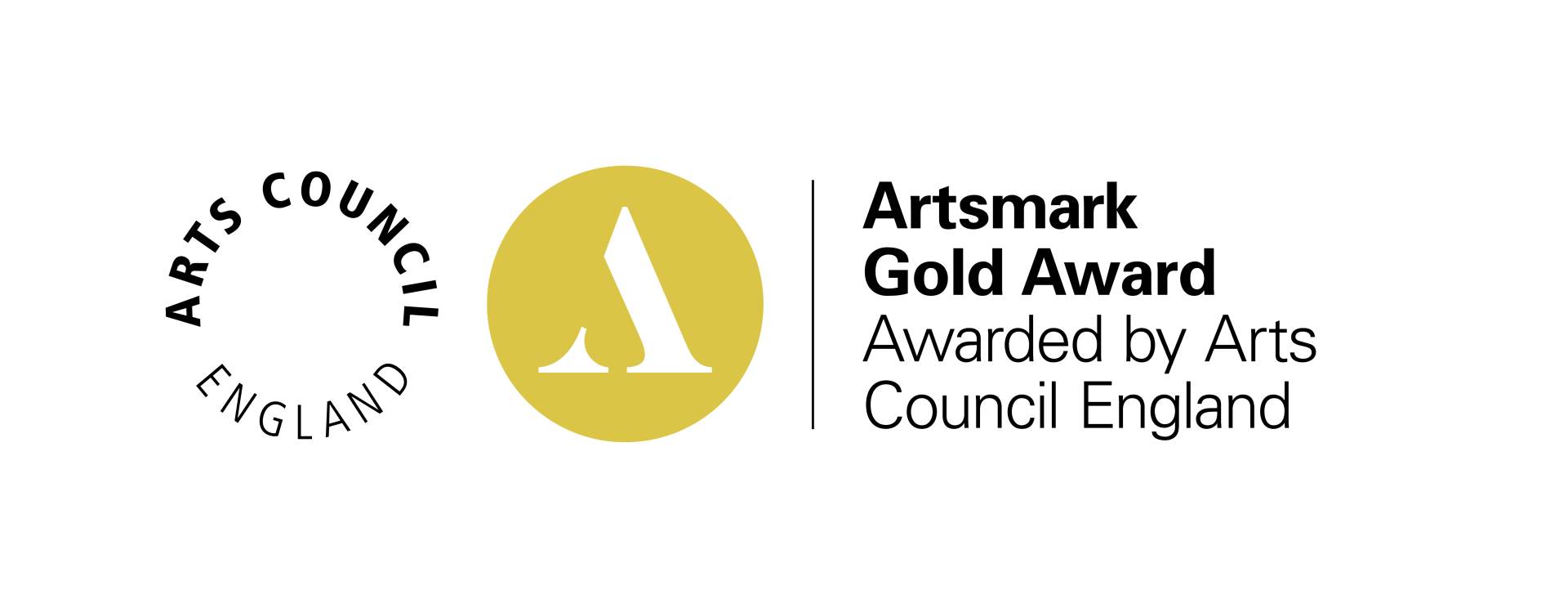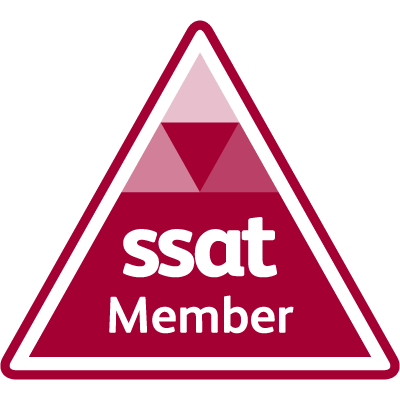{SECTION_MENU}
Criminology (Applied)
Course Specification |
WJEC: Level 3 Applied Certificate & Diploma in Criminology (360 GLH) |
Subject Specific Entry Requirements |
GCSE grade 4 or above in at least one science subject. |
Costs Associated with this Course |
Recommended Course Textbook: WJEC LEVEL 3 APPLIED CERTIFICATE & DIPLOMA CRIMINOLOGY. ISBN: 978-1-911208-43-3, copies provided to all. Students can purchase their own copy for £24.99 but this is not mandatory. |
Introduction
Not all types of crime are alike. What different types of crime take place in our society? How do we decide what behaviour is criminal? What is the difference between criminal behaviour and deviance? How do we explain why people commit crime? What happens to those who commit a crime? Why and how do we punish people? What organisations do we have in our society to control criminality? These are just a few of the questions posed in this exciting and dynamic level 3 course.
An understanding of criminology is relevant to many job roles within the criminal justice sector, including police officers, probation and prison officers, and social workers. With their critical thinking, analytical and communication skills, criminology graduates are also attractive to employers outside the criminal justice sector in areas such as social research and politics.
Who is this qualification for?
WJEC Level 3 Applied Diploma in Criminology is a qualification with elements of psychology, law and sociology that complements studies in humanities subjects.
This Criminology course has been designed to offer exciting and interesting experiences that focus KS5 learners through applied learning, i.e. the acquisition of knowledge and understanding in contexts linked to the criminal justice system.
The qualification would support learners’ progression from any study at Level 2, particularly GCSEs in Psychology and History. The course would suit learners who prefer non-examined assessment and the opportunity to be assessed on one module at a time.
How will you be assessed?
This is a two-year course which consists of 4 mandatory units; 2 assessed externally and 2 internally assessed.
|
Unit Number |
Unit Title | Assessment | % | |
| 1 | Changing Awareness of Crime | Mandatory |
Internal |
25 |
| 2 |
Criminological Theories |
Mandatory | External | 25 |
| 3 |
Crime Scene to Courtroom |
Mandatory |
Internal |
25 |
| 4 |
Crime and Punishment |
Mandatory | External | 25 |
What will I study?
Year 12: Certificate in Criminology:
Unit 1: Changing Awareness of Crime - students learn about different types of crime, influences on perceptions of crime and why some crimes are unreported. They analyse campaigns for change and plan, design and justify their own campaign for change relating to an unreported crime in an unseen brief. (Internally assessed controlled assessment worth 50% of year 12)
Unit 2: Criminological Theories - students gain an understanding of why people commit crime examining sociological, biological and psychological explanations, drawing on what they have learned in Unit 1. (Examination - 90 min. 3 questions. 75 marks. Short and extended questions with some problem-solving scenario questions)
Year 13: Diploma in Criminology:
Unit 3: Crime Scene to Courtroom– learn about the criminal justice system from the moment a crime has been identified to the verdict. Students will develop the understanding and skills needed to examine information in order to review the justice of verdicts in criminal cases and to consider how and why miscarriages of justice occur. (Internally assessed controlled assessment worth 50% of year 13)
Unit 4: Crime and Punishment - students apply their understanding of the awareness of criminality, criminological theories and the process of bringing an accused to court in order to evaluate the effectiveness of social control. (Examination- 90 min. 3 questions. 75 marks. Short and extended questions with some problem-solving scenario questions)
The course is modular meaning students will receive a qualification after Year 12 - a Certificate in Criminology. They can then progress to Year 13 where they can achieve the full Diploma in Criminology.
Please note: Learners must pass each unit to gain a pass overall
What other skills will you develop and learn?
Each Unit has an applied element and should allow students to develop the following…
- skills required for independent learning and development
- a range of generic and transferable skills
- the ability to solve problems
- the skills of project-based research, development and presentation
- the fundamental ability to work alongside other professionals, in a professional environment
- the ability to apply learning in vocational contexts
For more information on the course specifications click the link below:
https://www.wjec.co.uk/qualifications/criminology-level-3/#tab_keydocuments
Extra helpings:



 Safeguarding
Information
Safeguarding
Information Arbor
Arbor
